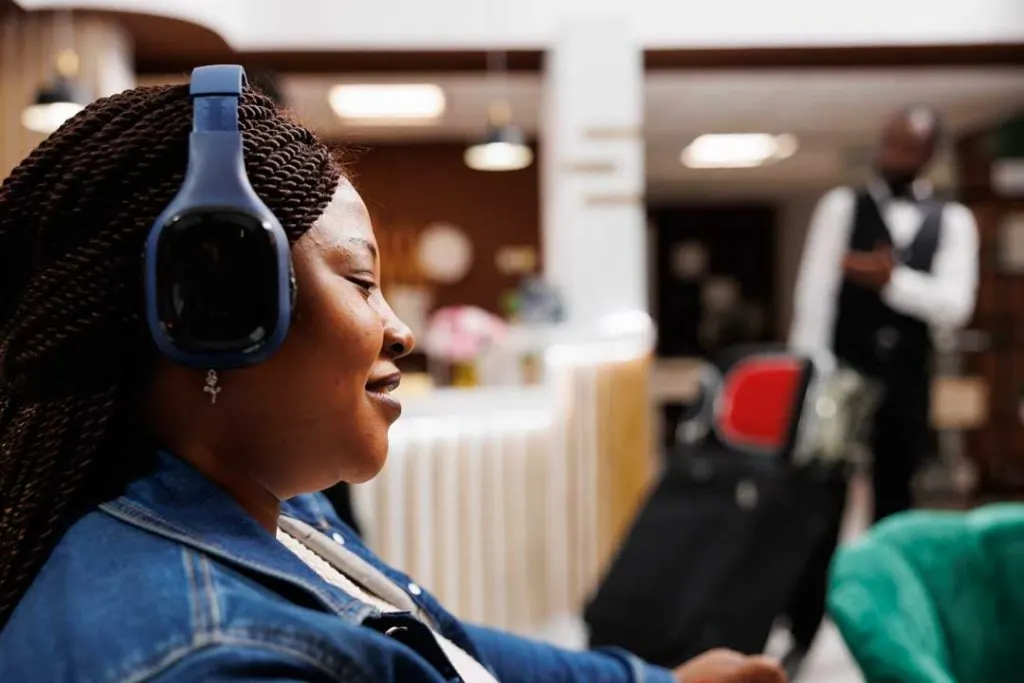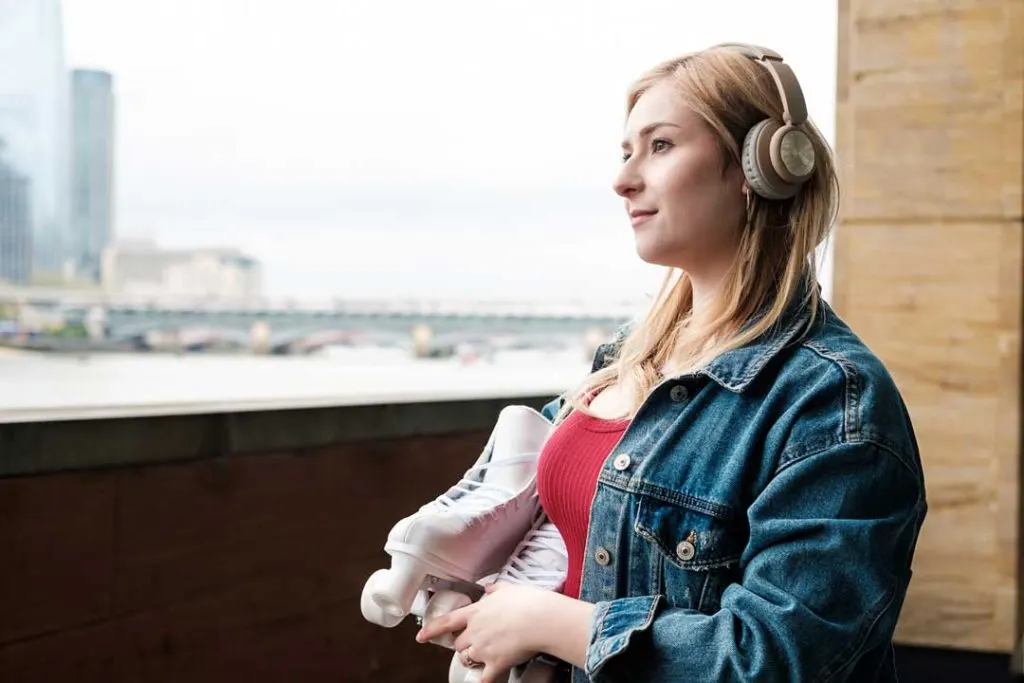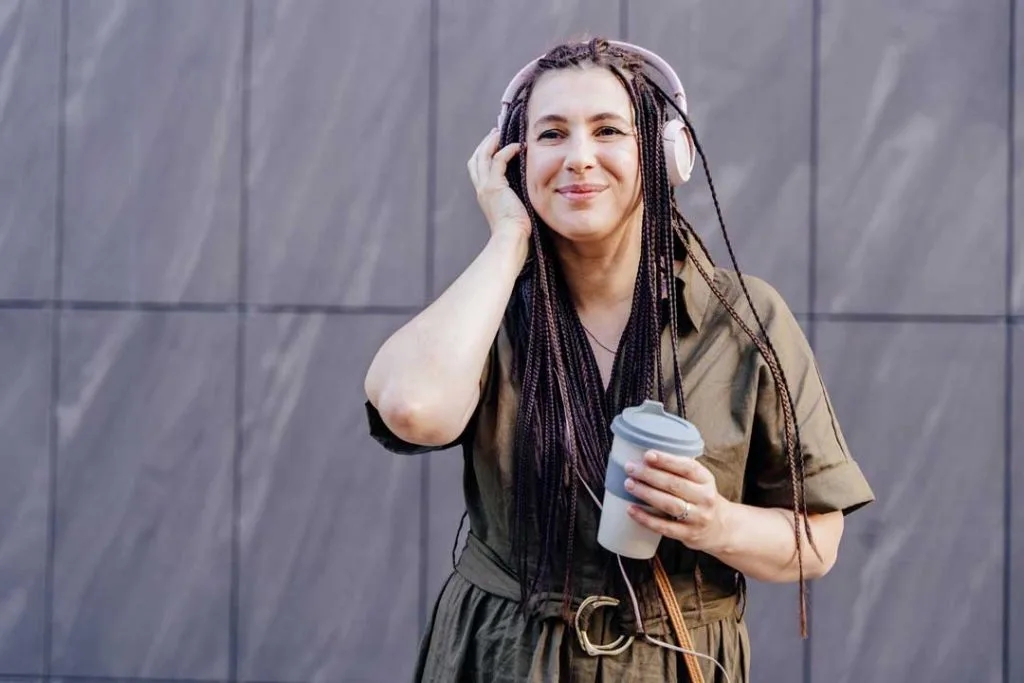Ever heard a song that instantly transported you back in time? Sensory memory and sound create a powerful link between past experiences and emotions, unlocking memories you didn’t even realize you still carried.

How Sensory Memory and Sound Unlock the Past
It happens out of nowhere. A song. A voice. A far-away hum of familiarity. And you’re no longer here—you are right back there. A sweltering afternoon on your eighth birthday. A road trip on warm-weather roads with windows rolled down. A night of dancing on hazy night lights, feeling that nothing will ever change. The memory is not just memory; it’s a place, and for fleeting seconds, you can relive it.
Why does this occur? How can a melody move us backward through history and evoke a memory so clear, even more clear than a notebook or a photograph can? The answer has everything to do with how our brains hold on to moments we don’t even realize we’re keeping.
Why Do Sounds Bring Back Memories?

Think about how you move through the world. You mightn’t pay much mind to what is around you—muted voices in a restaurant, whine of appliances, creak of feet on wood.
But your mind takes note of it. It collects these noises silently, filing them away along with emotions, places, and moments.
Then, one day, out of nowhere, one of those sounds finds its way back. It’s not just an echo of the past—it is the past, rushing in like it never left. Scientists say this happens because sound bypasses certain parts of the brain that analyze and filter information. Instead, it goes straight to the limbic system—the emotional core of memory. That’s why a few opening notes of a song can bring back the exact feeling of your teenage bedroom or the smell of your grandmother’s house on a Sunday morning.
The Science of Auditory Time Travel
To understand the key factors behind this phenomenon, we have to learn how our brain processes sound. Unlike sight, which requires active focus, sound is processed in the background. We might never actively pay attention to the music that fills our room while we do our homework, or to the bird outside our window, or to our mother’s rhythmic tone of voice—but our minds are filling that away nonetheless.

Music is one of the most effective stimuli, engaging numerous areas of the brain simultaneously. A piece of music is not just a melody—it’s a snapshot of time linked to feeling, sensation, and experience. The same is applicable to mundane noises. The distant whistle of a train might not seem significant now, but twenty years from today, it could pull you back to the exact moment you last heard it.
The Role of Music And Familiar Sounds
Music is the most obvious trigger, but mundane sounds can also have that same power. The scrape of a needle on vinyl. The ring of an old flip phone. The whine of a TV that has been on too long. These are no ordinary noises; they’re timestamps.
Even in people with Alzheimer’s, music has been known to unlock memories thought to be lost forever. A song from their youth can bring them back to themselves, even if just for a moment. That’s how deeply embedded sound is in who we are.
Can We Use Sound to Enhance Memory?
If sound can so easily transport us there, can we use it to improve our memory on our own? Some people believe that we can.

Music While You Study: Some people find that listening to the same playlist while learning helps them recall information later.
Memory Playlists: The act of making playlists that are linked to particular times—trips, relationships, seasonal times—becomes a way of relieving them afterwards.
Music Therapy: Therapists employ music to reconnect individuals to feelings and buried memories far within.
Sensory Memory and Sound: The Science of Auditory Time Travel
Most of the sounds in your life right now? You won’t know which ones matter until years from now when they return without warning. The rustling of trees outside your childhood window. The sound of a loved one’s laughter. A song you didn’t even realize was yours until you hear it again after decades.
So, next time it happens—next time that noise opens up that doorway to the past—stand there. Let it engulf you. Give yourself permission to turn around for a moment. It is proof that nothing is ever truly gone.

Jessi is the creative mind behind The Coffee Mom, a popular blog that combines parenting advice, travel tips, and a love for all things Disney. As a trusted Disney influencer and passionate storyteller, Jessi’s authentic insights and relatable content resonate with readers worldwide.
